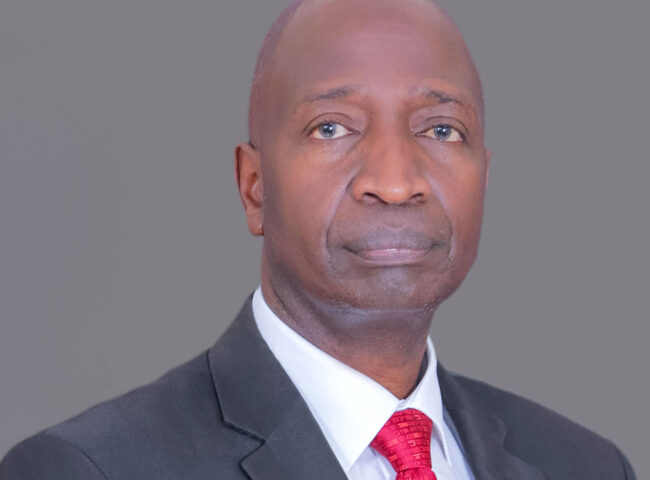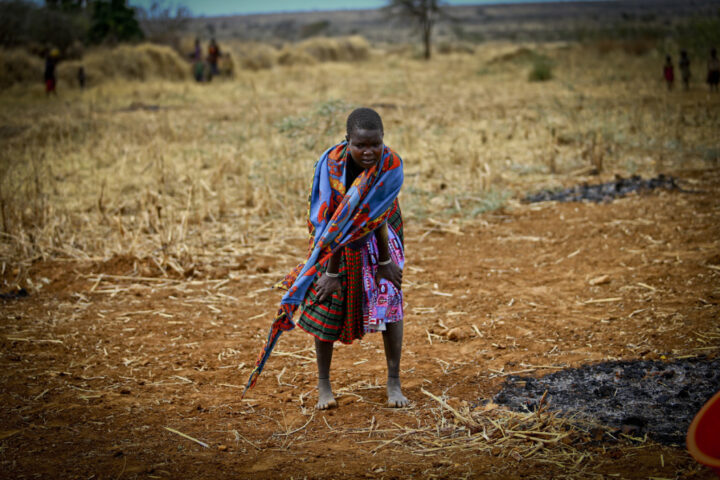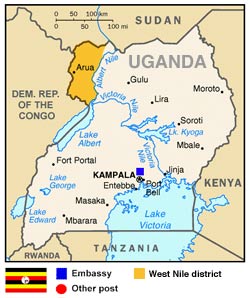This week promises to be one of a showdown in Uganda’s nascent oil sector. According to informed sources the companies (Tullow Oil, China National Offshore Oil Corporation and Total) are preparing for a signing ceremony “within hours”. The farm down had been put on ice since 15th of September after the government rejectedprotection clauses in the Production Sharing Agreements (PSA’s). If indeed signing is eminent then it can only mean that the partners, government and the companies, have come to an accommodation on these contentious clauses. Over the last few weeks I was informed that Tullow and its partners had made concessions on the protection clauses- particularly with regard to environmental and humanitarian exclusions. There could be others. The Ugandan government was behind the scenes aggressive on issues like how many expatriates could be brought in to kick start the next stage of production amongst others and the level of “national participation”. As is now recent history, the Ugandan parliament then returned from its recess to pass strong resolutions which amongst others demanded greater scrutiny in the oil sector and in particular asked the farm down to be stopped.
This probably added pressure on negotiators even as the National Resistance Movement moved in to save the deal by persuading its Mps to revoke the resolutions. This is the point we are at this week as signing is being readied and politicians return to parliament for a showdown. As I write this Mps will get a boost from civil society organizations involved in the oil sector. They are holding a press conference ( CSO Press Statement on Oil Governance-Oct 25-2011) in support of the House.
What does this mean for the Tullow farm down? Overall ever since Tullow’s pre-emption of Heritage Oil’s attempted sale of its assets to the Italian company Eni Spa, the sector has been in a flux. A tax dispute followed that remains unresolved. The farm down has been pursued in the shadow of government’s dissatisfaction with the tax issue and allegations of bribe taking that surfaced in parliament during the oil debate but had been doing rounds before that. With the Ugandan economy in difficulties, additional pressure exists on the oil sector to provide an exit from currency and liquidity problems. Those who support forward movement (including me) would argue that this should be the real crux of the political negotiations for greater transparency in the oil sector. If rather than torpedo the deal, the merits of the farm down were treated separately, parliament would get its interests met and would not be restrained either in legislating the way forward.
However the background to the farm down, wrought as it is with suspicion of improper behavior, has fired up a political firestorm, which opponents of the deal will use to hurl it down with credible arguments that a stay should prepare the government to first clean house. This is the essence of the proposed moratorium on new agreements. I expect that any further delays would also increase the likelihood that politicians will support a new deal entirely preferably without Tullow but on sweet deal terms with the Chinese and French companies that are larger and more attractive.
In all further complications increase the political risk on investments in Uganda’s oil sector and confidence in its economy in the short term. Even if the farm down proceeds in the next few hours or days, Tullow would still have to contend with a political dark cloud on its investment as Mps and civil society will continue to agitate against it. At the Mp retreat in Kyankwanzi it appeared that the whole issue had become a referendum on the authority of President Yoweri Museveni, which also means Executive activism for the deal, will continue.
Over the last few days I have also come across some good ideas. Those who say the farm down should fail have responded to its economic implications by suggesting the government hedge its oil finds against borrowing from the IMF/World Bank. This would ease economic pressure to conclude the deal and allow time for lawmakers to create laws and public institutions to deal with the sector. As it is now government has scrambled lawyers to London for the arbitration and scrambled technocrats to a retreat in Lweza outside Kampala, where like woodpeckers with a tight deadline, they are fast tracking bills for the oil sector
My own take is that Tullow and its partners should declare their PSA’s public so that its terms become the litmus test for the merits of the deal. A gesture like this would also put the companies in a better standing in light of the harsh political winds blowing presently.
More to follow.










